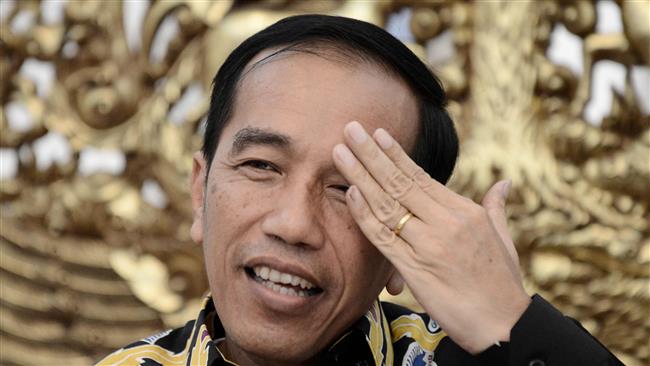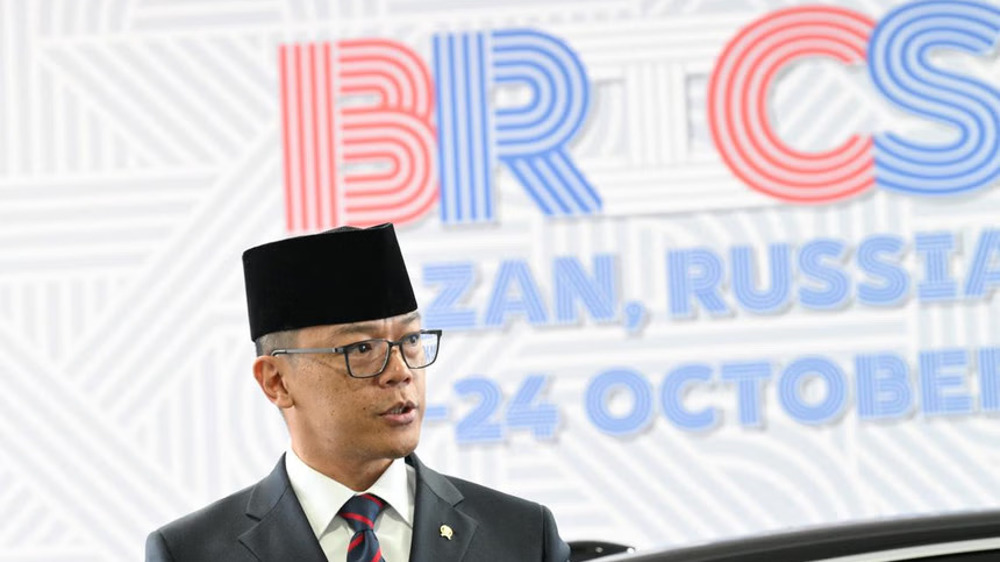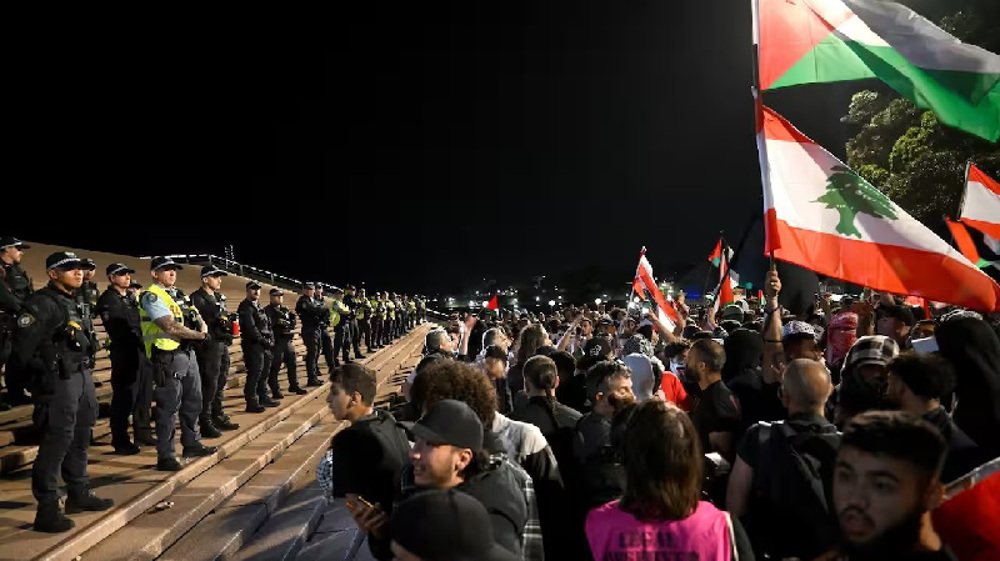Indonesia may reinstate ban on death penalty
Indonesia's President Joko Widodo says his government would restore a moratorium on the death penalty, if the public in the South East Asian country approves the measure.
"Why not? But I must ask my people. If my people say OK, they say yes, I will start to prepare," Widodo said Monday in response to questions regarding the softening of government’s approach to capital punishment for some drug-related offences.
For the past year, Indonesia’s parliament has been discussing a moratorium on death penalty and its eventual abolishing, although a final decision would depend on a clear public support in the Muslim-majority country where people are deeply concerned about high levels of addiction.
Widodo, who declared a massive anti-drugs campaign soon after coming to power in 2014, still insists that majority of Indonesians are in favor of death penalty for drug traffickers. A 2015 survey by a private pollster found 85 percent of Indonesians support the measure.

Indonesia ended a four-year moratorium on death penalty three years ago and has since then executed 18 people, 15 of them foreigners, for drug trafficking. Those executions, especially a spree in a single night in April 2015 which included two Australians, a Brazilian, an Indonesian and four Nigerians, drew massive international criticism. That prompted Australia, Indonesia’s neighbor, to temporarily recall its ambassador from Jakarta, causing further tensions. European governments have also heaped pressure on Jakarta to scrap the death penalty. French President Francois Hollande, who will visit Indonesia this week, is expected to raise the issue during the talks with Widodo, especially the situation surrounding Lindsay Sandiford, a British national who is also on death row over smuggling cocaine into the resort island of Bali.
Widodo clearly softened his tone on drugs last November when he said that he was "open for options" to abolish the death penalty. However, he has defended the measure as a major component of Indonesia's law, saying it serves as a major deterrent against drug trafficking.
Israeli court extends Dr. Abu Safia's detention
After 15 months, Israeli army admits to killing kibbutz settlers on Oct. 7
VIDEO | Press TV's news headlines
VIDEO | Israel bans UNRWA amidst war on Gaza
Gaza's Nasser Hospital on verge of closure as Israel blocks fuel deliveries: UK charity
Venezuela’s Maduro sworn in for third term, pledges to form 'new democracy'
Iran backs stable, independent Lebanon free from foreign occupation: Araghchi
Yemen defies a year of US-UK-Zionist aggression in solidarity with Palestinians













 This makes it easy to access the Press TV website
This makes it easy to access the Press TV website